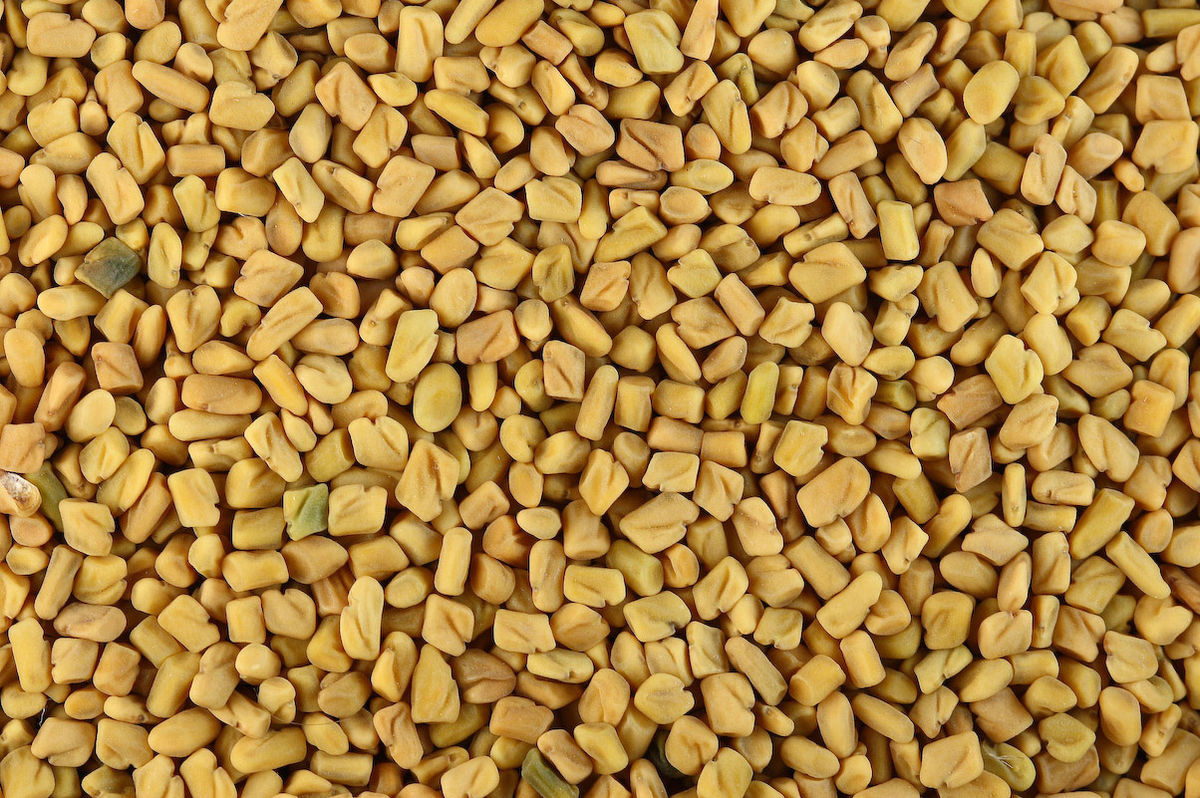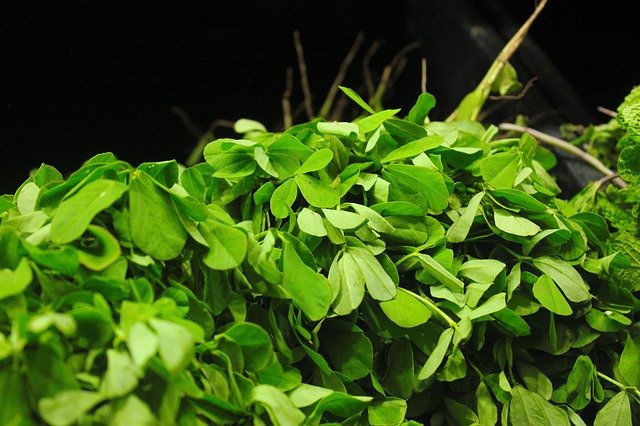
Hello, health enthusiasts! 🌞🥦
Today, we’re diving into a fantastic video by Live Healthy Over 50 titled “Top 10 Foods To Eat After 50 (Anti-Aging Benefits!)”. With over 1.9 million views, this video has been a hit among those seeking a healthier lifestyle, especially for those who are 50 and beyond.
Live Healthy Over 50 is a well-known channel in the health and wellness community, providing evidence-based health information. Their videos are fact-checked and reviewed by qualified health professionals, ensuring you get the most accurate and beneficial advice.
In this video, Live Healthy Over 50 highlights a list of foods that are beneficial for those over 50. These foods are practical to eat when following a healthy diet and can help reduce the risk of developing certain diseases like heart disease and diabetes, which are common among older adults.
Here are the top 10 foods to eat after 50 as per the video:
- Sweet Potatoes: Sweet potatoes are a great source of vitamin A, which is good for your eyes and skin, and vitamin C, which helps with tissue repair. They also contain fiber, which helps you feel full and keeps your digestive system healthy. 🍠🥔
- Black Beans: Black beans are low in fat, high in fiber, and full of protein. They are good for your heart and brain health. 🌰🥣
- Broccoli: Broccoli is a great source of vitamin A, C, and K. It’s also high in fiber and contains a good amount of antioxidants that can help lower cholesterol levels, prevent cancer, diabetes, and even keep your heart healthy. 🥦🥗
- Eggplant: Eggplant is a good source of fiber and vitamins A and C, which are important for eye health. It’s also a great source of potassium, which helps regulate blood pressure and keeps your heart healthy. 🍆🥘
- Beets: Beets are packed with health benefits. They contain betalains, which are antioxidants that help prevent damage to the body’s cells. They are high in potassium and magnesium, which can lead to an irregular heartbeat, high blood pressure, weak bones and muscles, insomnia, headaches, and more. 🥕🥗
- Wild Caught Salmon: Wild caught salmon is a great source of Omega-3s and vitamin D, which are essential for bone health, immune system, and heart health. 🐟🍣
- Avocados: Avocados are a superfood packed with healthy fats, vitamins, and minerals. They lower the risk of cancer and heart disease, fight inflammation in the body, and help to slow down the aging process. 🥑🥗
- Chickpeas: Chickpeas are an excellent source of both protein and fiber, which helps promote good digestion and weight loss. They’re also high in magnesium, which supports bone health. 🌰🥣
- Ginger: Ginger is a powerful spice that has serious health benefits. It can help reduce joint pain and inflammation, and some studies have even shown that it helps prevent cancer, heart disease, and even Alzheimer’s disease. 🌿🍵
- Cauliflower: Cauliflower contains plenty of vitamin C and antioxidants to keep you young. You can enjoycauliflower rice or roast some florets for a delicious side dish that can be enjoyed alone or with your favorite entree. 🥦🥗
These foods are not only delicious but also easy to incorporate into your daily diet. Remember, it’s never too late to start eating healthier. The key is to make small changes that are sustainable for you. Give yourself the gift of good health and longevity by eating healthy and maintaining a balanced diet.
If you found this information helpful, do check out the original video on Live Healthy Over 50’s YouTube channel for more health and nutrition tips. Also, consider joining our Facebook community where we share more health tips and recipes.
Stay healthy, stay happy! 🌞🥦













